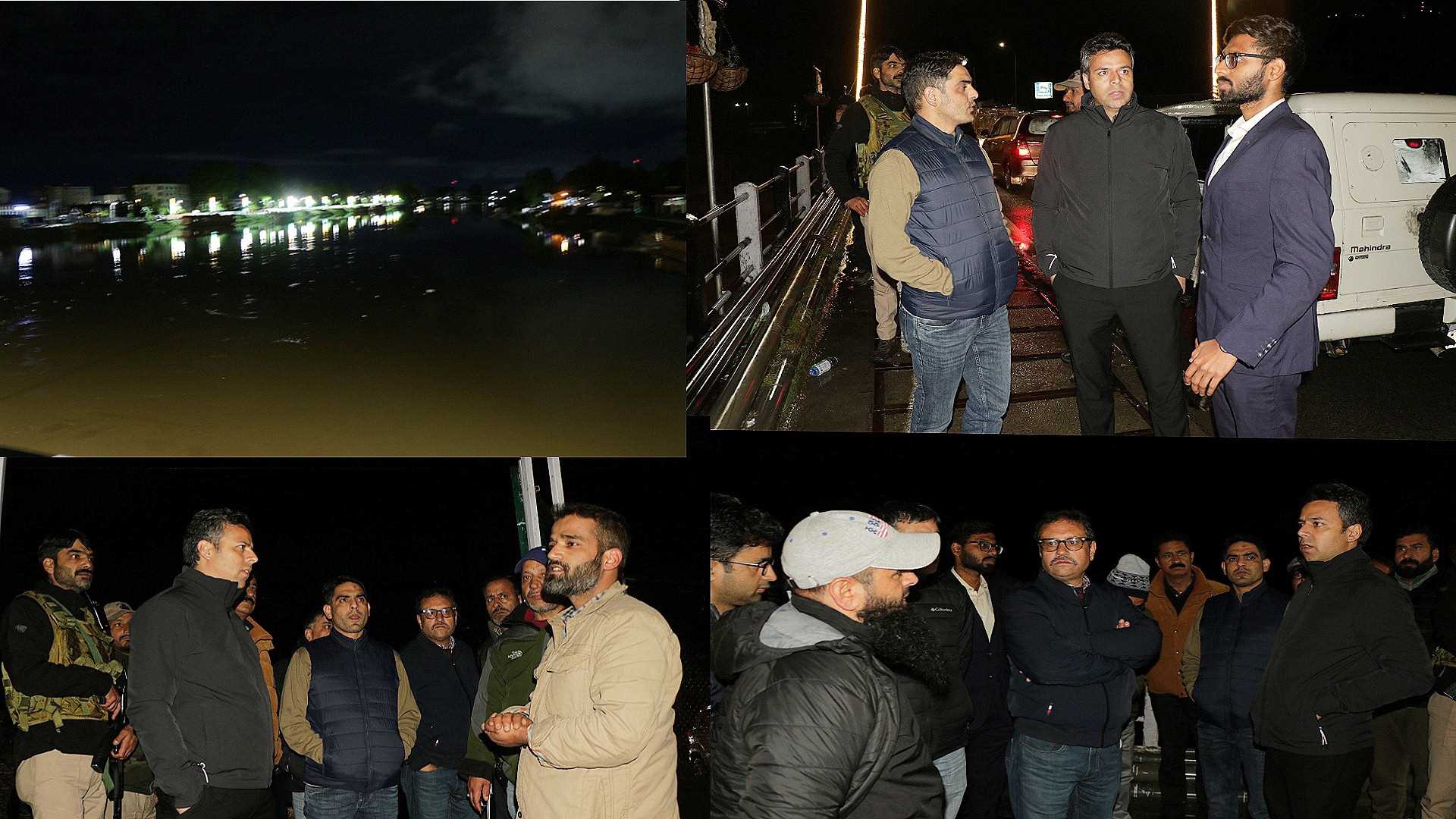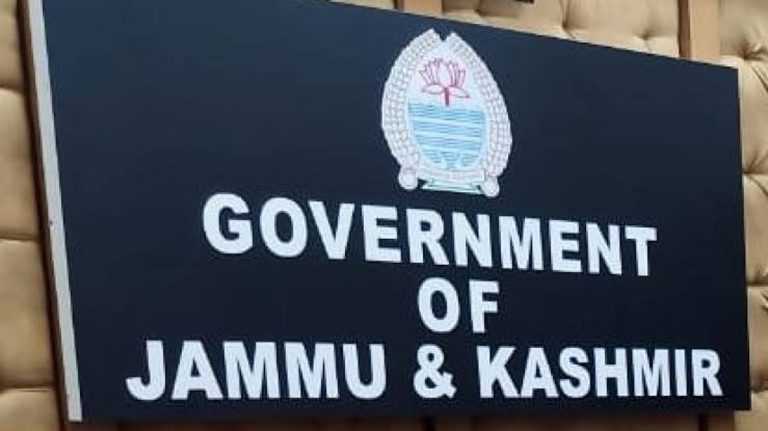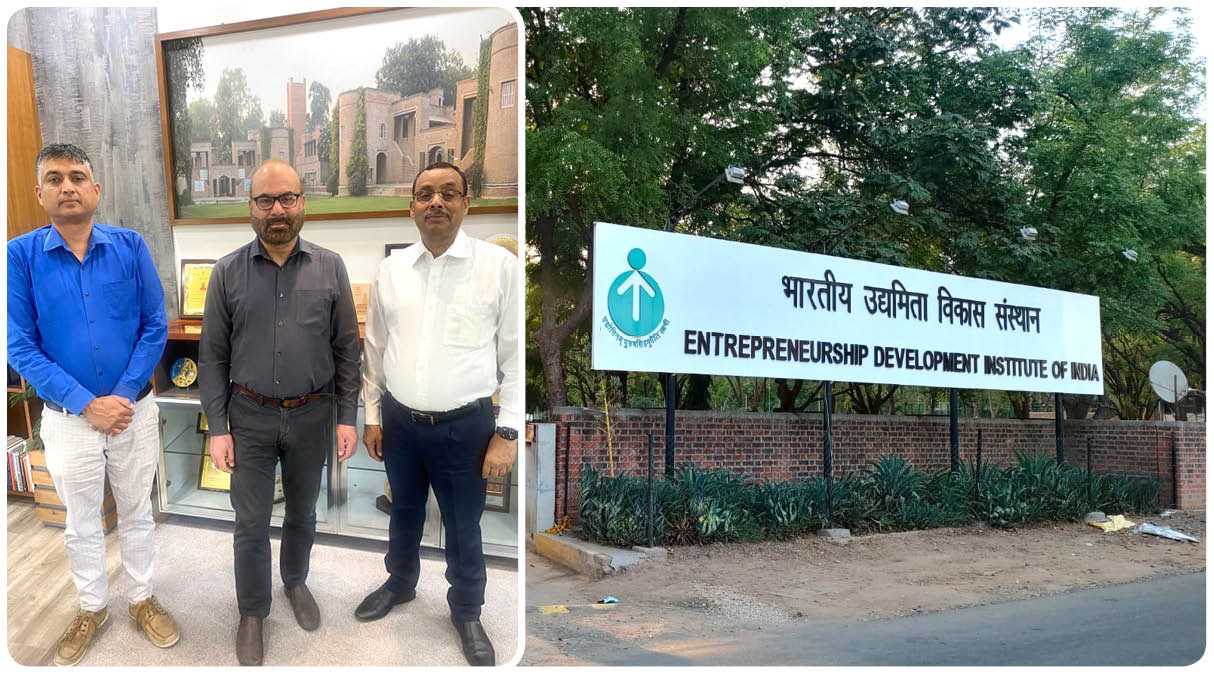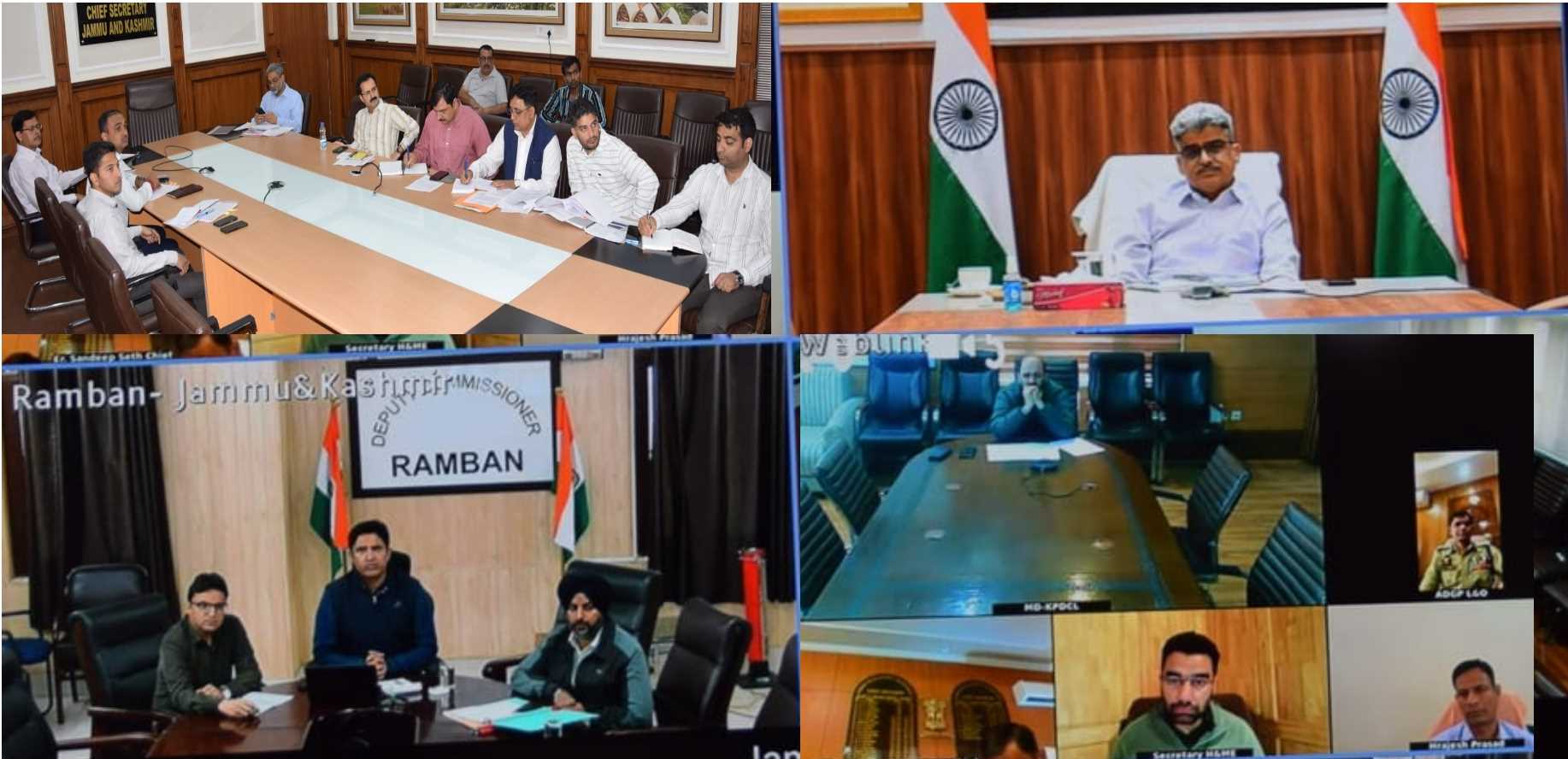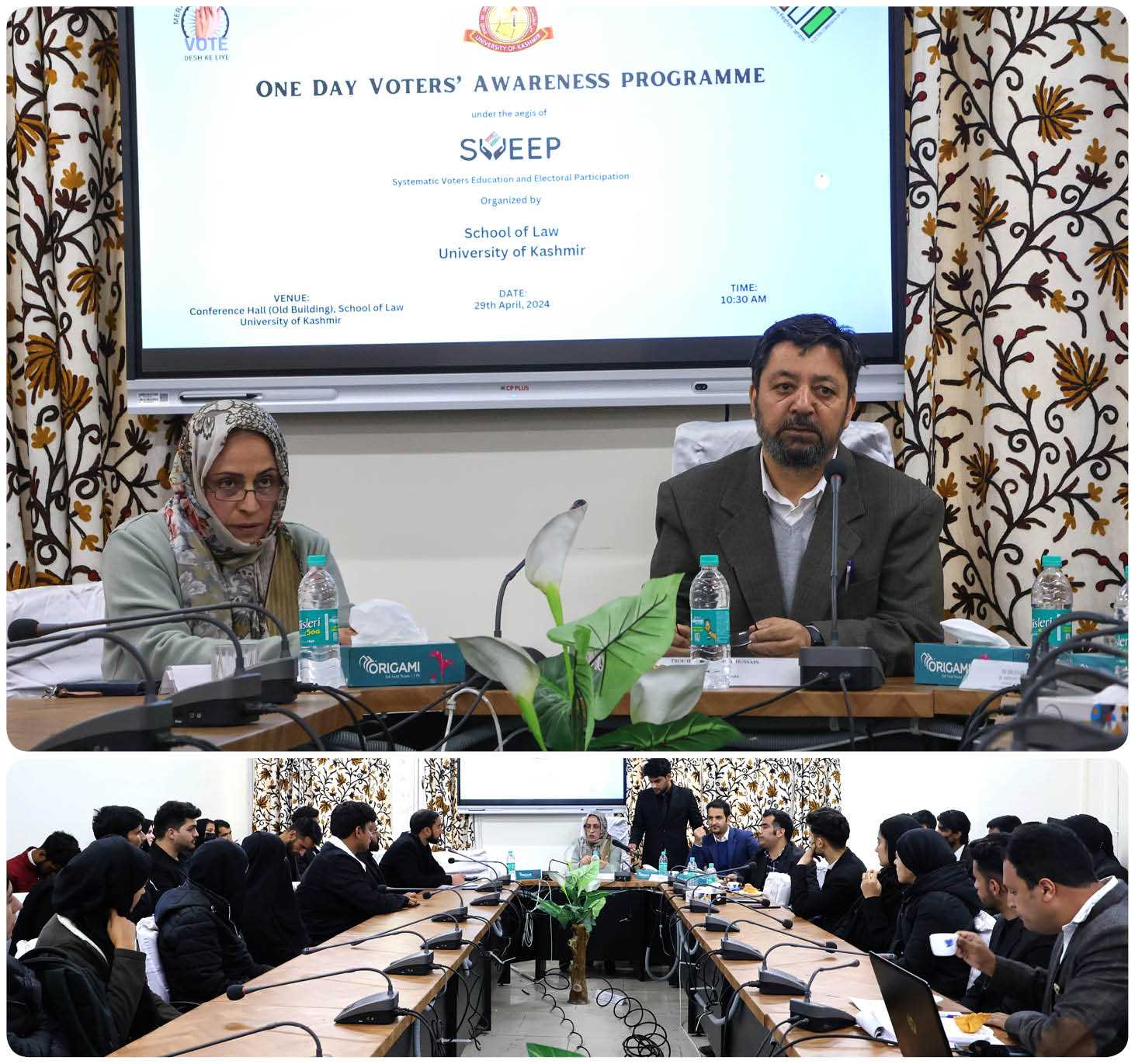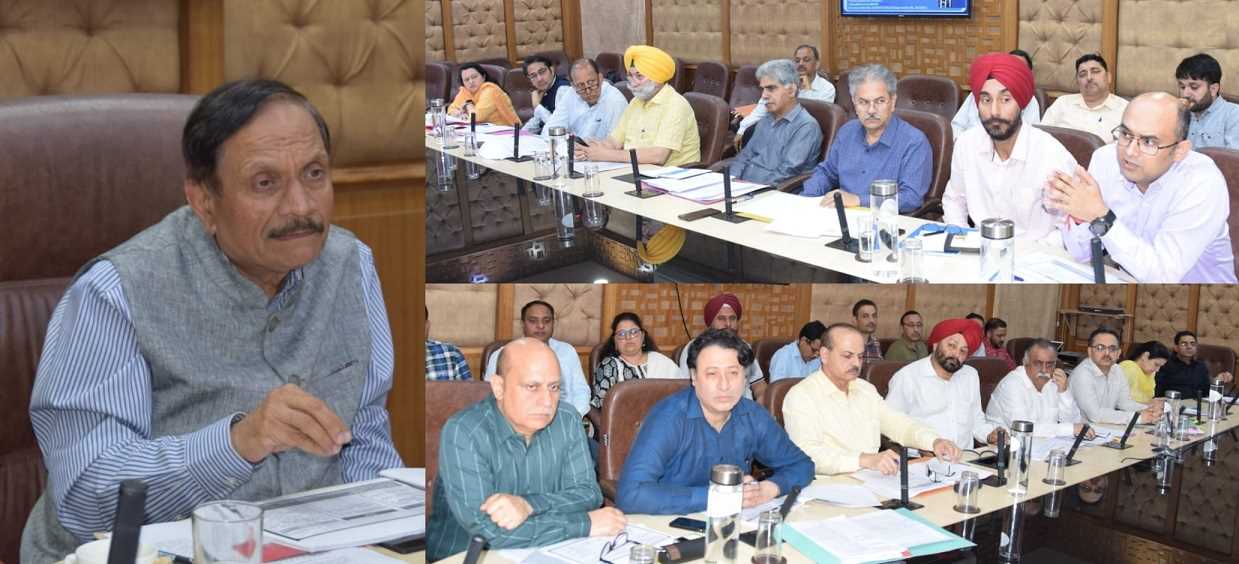The Lok Sabha election in India is always a high-stakes event, which shapes the country's political landscape for many years to come. With the next one starting on April 19, the debate over the use of electronic voting machines (EVMs) versus traditional paper ballots has once again surfaced. However, this controversy is a "non-starter" due to Prime Minister Narendra Modi's commitment to transparency. EVMs were introduced in India in the 1990s to streamline the voting process and reduce electoral malpractices associated with paper ballots, such as booth capturing and ballot stuffing. Since then, they have been used in multiple elections, including Lok Sabha and state assembly polls. Despite initial skepticism, their widespread adoption has increased voter turnout and expedited result declarations. However, concerns over the security and reliability of EVMs persist among opposition parties and some activists. They argue that these machines are vulnerable to tampering and hacking, potentially compromising the integrity of the electoral process. Allegations of EVM manipulation have occasionally surfaced, prompting demands for a return to paper ballots. In response to these concerns, the Election Commission of India (ECI) has taken several measures to enhance the credibility and transparency of the electoral process. This includes conducting rigorous pre-election testing of EVMs, implementing strict protocols for their storage and transportation, and allowing representatives of political parties to observe the entire voting process, from the casting of votes to the counting of ballots. Moreover, the ECI has introduced Voter Verified Paper Audit Trails (VVPATs) alongside EVMs, enabling voters to verify that their vote has been correctly recorded by the machine. VVPATs produce a paper receipt of the voter's choice, which is then deposited in a sealed box for potential audits or recounts. This additional layer of transparency addresses concerns about the accuracy of electronic voting systems. Prime Minister Narendra Modi's government has consistently supported the use of EVMs and VVPATs, citing their efficiency, accuracy, and cost-effectiveness. Modi himself has reiterated his commitment to free and fair elections, emphasizing the need for trust in India's democratic institutions. His administration has encouraged the ECI to adopt technological innovations to further strengthen the electoral process. While opposition parties may continue to raise doubts about the reliability of EVMs, their claims have not been substantiated by concrete evidence of widespread tampering or manipulation. The ECI's proactive measures to address concerns and ensure transparency should alleviate fears surrounding the use of electronic voting machines. The controversy is unlikely to gain significant traction due to the robust policy of transparency adopted by Prime Minister Modi's government and the Election Commission of India. As the country prepares for yet another democratic exercise, the focus should remain on fostering trust in the electoral process and encouraging widespread voter participation.


